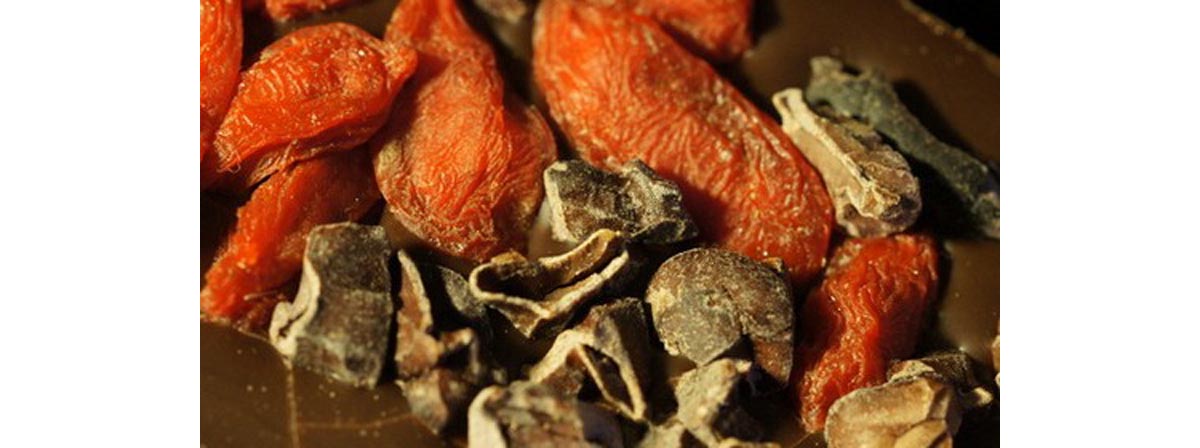Table of Contents
New fancy antioxidants-rich natural products are flooding the healthy food shops these days. So-called “superfruits” and “superfoods” such as goji berries, mangosteen, acai, aronia, noni juice, blue-green algae, baobab fruits are just few examples of some recent additions. These and many other new products are quickly becoming popular.

The price tags attached to the products from reliable and reputable suppliers rarely stay below 20 dollars for the one month course of each supplement. These products contain a variety of other antioxidants, for example various polyphenolic compounds, in addition to traditional vitamin C. Do they really work better as antioxidants in our body? This is far from clear. The problem with all these new additions is that nobody have done any proper research on their actual benefits. There are little doubts that these supplements are beneficial, at least to a certain degree. The question is, do they really represent a value for money, or you can achieve pretty much the same results with simple and cheap vitamin C-based supplements?
At present, nobody can give a definite answer to this question.
When they were done on humans, they usually had short duration and were performed on people with existing medical conditions. The latter leave open the question about the ability of antioxidants to prevent diseases in the first place.
Healthy lifestyle and placebo effect
Two other important aspects of antioxidant supplementation should be kept in mind by any rational person. Doctors are well aware of placebo effect: when we are sure that we are doing something right, it tends to bring the expected results. At least to some degree. All proper clinical trials nowadays are blind and randomized, which means that patients don’t know whether they are taking a real drug or an innocent pill with neutral and harmless content. This is done with the sole purpose of avoiding the placebo effect. The influence of placebo effect on people taking antioxidants cannot be ruled out but is hard to prove in the absence of properly organized trials.
The defenders of antioxidant supplementation often argue that most people who take them regularly are indeed healthier. The problem is that most of this people practice a variety of other healthy habits such as physical exercises and balanced diet. It is hard to say to which degree antioxidant supplementation contributes to their better health.
So should we take antioxidants? In those cases when they are clearly proven to work – yes. When the evidences are limited and circumstantial it’s better to stick to well-balanced diet reach on fruits and vegetables. When it comes to the new widely advertised super-supplements, I would seriously think about the financial ingredient first.
- Lonn E, Bosch J, Yusuf S, et al. Effects of long-term vitamin E supplementation on cardiovascular events and cancer: a randomized controlled trial. JAMA. 2005
- 293:1338–47
- Dietary supplementation with n-3 polyunsaturated fatty acids and vitamin E after myocardial infarction: results of the GISSI-Prevenzione trial. Gruppo Italiano per lo Studio della Sopravvivenza nell’Infarto miocardico. Lancet. 1999
- 354:447–55
- Albanes D, Heinonen OP, Taylor PR, et al. Alpha-tocopherol and beta-carotene supplements and lung cancer incidence in the alpha-tocopherol, beta-carotene cancer prevention study: effects of base-line characteristics and study compliance. J Natl Cancer Inst. 1996
- 88:1560-70
- Photo courtesy of Doramon by Flickr : www.flickr.com/photos/doramon/3208331427/
- Photo courtesy of Lee McCoy by Flickr : www.flickr.com/photos/chocolatereviews/6898439936/


Your thoughts on this